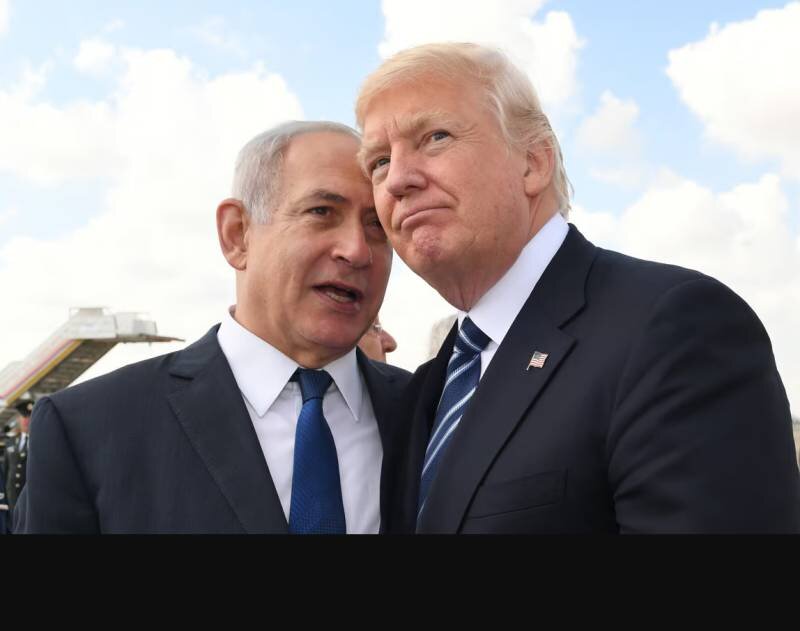Growing rift between Trump and Netanyahu

TEHRAN - The tensions between Trump and Netanyahu are growing day by day during Trump’s second presidential term. At the beginning of his presidency, Trump lifted the arms export bans imposed by the Biden administration and provided Netanyahu with the heaviest and most lethal bombs, so they could, as he put it, “finish the job.”
However, Trump now appears to be taking a different path, with plans for the future that don't quite align with Netanyahu’s goals.
The first issue is the Gaza crisis. Early in his term, Trump had promised to turn Gaza into a resort area through development efforts and succeeded in pressuring the Israeli government to agree to a ceasefire with Hamas forces. However, the ceasefire and the subsequent prisoner exchange did not last long, and today Israel has launched large-scale attacks on Gaza.
Trump is strongly opposed to this action, knowing that the key to advancing relations and investments with Arab countries lies in maintaining a stable ceasefire in Gaza. On the other hand, Yemen’s Ansarullah has demonstrated its ability to threaten American and Israeli interests in the Middle East with a missile strike on Ben Gurion Airport. Recent U.S. and Israeli attacks have had little impact on their stance, so the U.S. still sees a ceasefire as the only solution.
The second reason for the growing tensions between Trump and Netanyahu is the issue of Iran. In recent months, Netanyahu has tried to push the U.S. toward launching airstrikes on Iran’s nuclear and missile sites, but Trump has so far rejected the request. Netanyahu believes that following the deaths of Hamas and Hezbollah leaders, the fall of Syria, and claims of an airstrike on Iran that destroyed its air defenses, now is the best time to destroy Iran’s nuclear program. But Trump has not agreed to this suggestion so far. Netanyahu is deeply frustrated by this, especially since Trump recently stated that he has not yet decided whether the new nuclear agreement will allow Iran to enrich uranium.
Netanyahu is working hard to increase pressure on Trump to stop negotiations, using support from the pro-Israel lobby within the Senate and the House of Representatives. Following Trump’s statements, senators Tom Cotton and Lindsey Graham declared that the only acceptable deal with Iran is one that completely prevents Tehran from enriching uranium. They also urged Trump to submit any nuclear deal document with Iran to the Senate for approval, which would require a two-thirds majority.
Ilan Goldenberg, a senior official on Middle East affairs in the Obama and Biden administrations, says: Although Trump’s diplomacy with Iran and the U.S. agreement with the Houthis are undesirable—and even disgusting—from Netanyahu’s perspective, the Israeli Prime Minister lacks the political leverage both in Washington and within Israel to directly confront Trump, who remains very popular among Netanyahu’s own support base in Israel.
Under these circumstances, Netanyahu sees his only path to survival as maintaining his coalition with his political base—a base that, notably, tends to like Trump more than Netanyahu himself. For this reason, Netanyahu has remained silent in recent months and has not publicly criticized or taken an official stance against Trump.
These tensions continue to escalate, and perhaps the most recent sign is that Israel was removed from the list of destinations on Trump’s recent Middle East tour, despite being traditionally considered an allied and friendly nation.
Leave a Comment